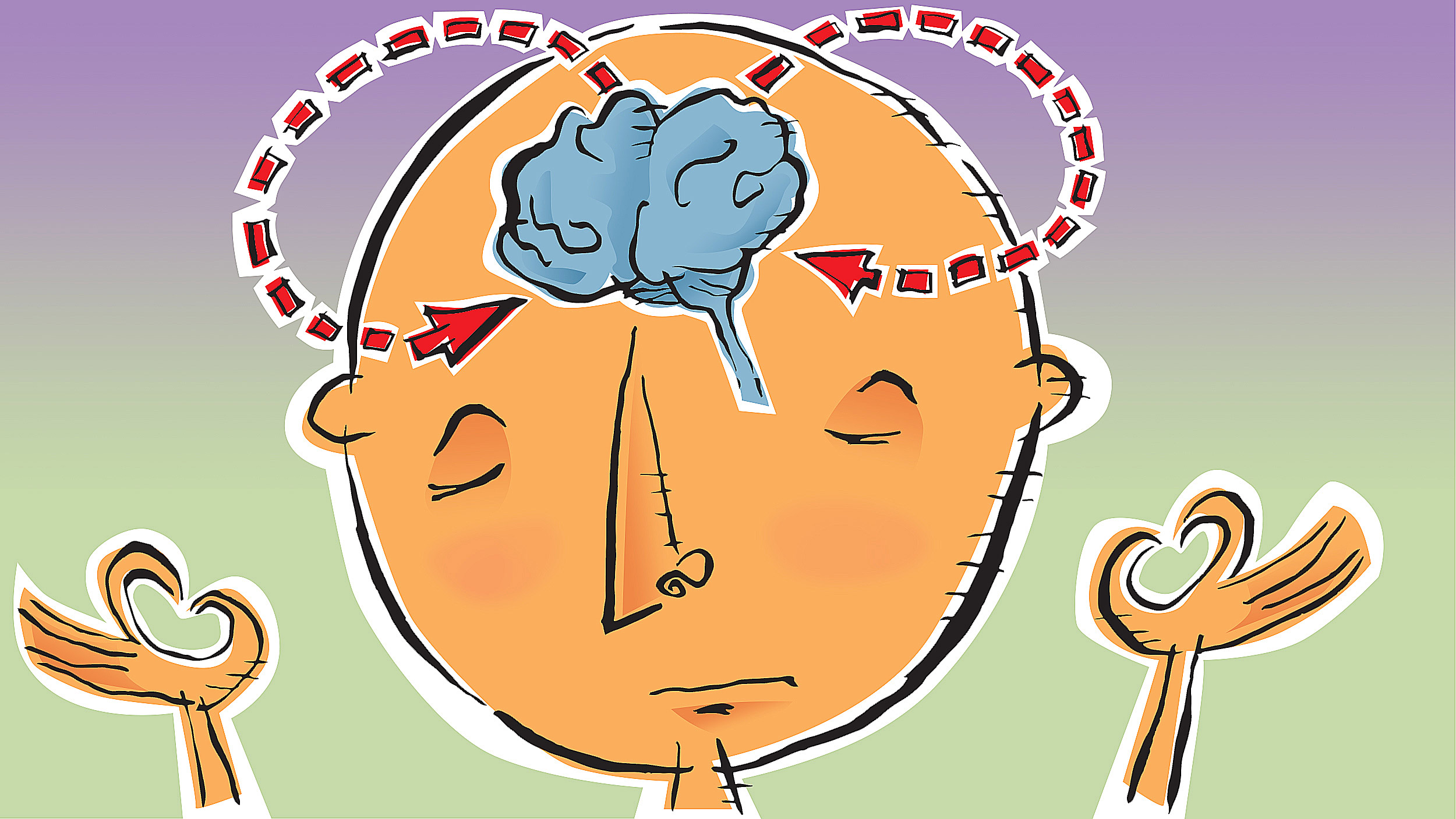
If You Think It’s Failing, It Doesn’t Mean There’s No Possibility
Have you ever attempted to meditate, only to realize your mind is racing at full speed? You might have concluded, “This isn’t effective,” and perhaps even walked away. However, here’s a crucial reality: just because something doesn’t yield results right away doesn’t imply it never will. The path toward mental clarity, tranquility, or improved health often begins with feelings of discomfort and confusion—and that is entirely okay.
The Path Is Not Straight—And That’s Alright
Enhancing your mental and physical wellness isn’t something that happens overnight. Whether you’re diving into cognitive-behavioral therapy, exercise regimes, or meditation, progress often resembles a winding road. It’s filled with peaks and valleys, and at times, you might feel stagnant or disheartened. But that moment when it seems “ineffective” can actually indicate that you are on the edge of breakthrough. Transformation is often uncomfortable—and growth seldom feels simple in the present.
The Psychological Obstacles to Meditation
Meditation is a practice centered on awareness and self-acceptance—but for numerous individuals, particularly those from strict or critical backgrounds, self-acceptance may not come easily. Ideas like “forgive yourself” or “embrace your mind” can seem alien or insincere when beginning the journey. This is especially true if your formative years emphasized criticism or conformity over curiosity and emotional availability.
If you’ve felt this way, you’re not alone. Psychological blocks like self-judgment, apprehension of criticism, and internalized stigma can profoundly affect how we engage in practices that require vulnerability. It’s not meditation that’s flawed—it’s the perspective with which we view ourselves that may require re-evaluation.
Openness and Kindness: The Foundations
Before any meditation method can be truly beneficial, an underlying attitude of self-acceptance and mindfulness is crucial. This doesn’t imply that you’re completely serene or in harmony with your inner self. Rather, it means you’re prepared to try, listen, and treat yourself kindly throughout the process. Meditation asks for attentiveness, not perfection.
“If you wish to overcome the anxiety of life, dwell in the present, breathe in the present.” – Amit Ray
This mindset adjustment has been transformative for many on the journey of mindfulness. Even if certain techniques don’t resonate immediately, recognizing that every effort counts as progress enables you to stay grounded.
Discover What Suits You: Meditation Isn’t Uniform
Similar to learning a new language or engaging in a new hobby, meditation demands exploration. There isn’t a one-size-fits-all approach, and your experience may vary significantly from someone else’s. That’s not a shortcoming—it’s an indication that you are unearthing what works for you.
Some individuals require movement during meditation—walking, rocking, or doing yoga. Others may thrive in stillness with gentle direction. Experiment with diverse methods such as:
- Guided meditations
- Visualization practices
- Body scans (focusing attention on different body areas with every breath)
- Sound therapy or meditative music
- Counting breaths (inhale for four seconds, exhale for four seconds)
- Mindfully absorbing ambient sounds
- Breathing techniques such as alternate nostril breathing
The key is to consider meditation as a toolbox, not just one implement. The more tools you explore, the higher your likelihood of finding one that resonates.
Your Past Doesn’t Determine Your Future
Social and cultural conditioning can greatly affect your receptiveness to new mental wellness approaches. It’s perfectly acceptable to recognize the impact of your background or surroundings, and it’s courageous to challenge it. Meditation encourages you to begin where you currently are, rather than where you feel you ought to be.
If specific affirmations or ideas don’t feel right at first, give yourself time. Think about why they don’t resonate. Is it discomfort, skepticism, or something deeper? That level of self-reflection is at the core of mindfulness. You are already engaging in the necessary work simply by posing these questions.
View Meditation as a Skill
Envision attempting to play the piano for the first time and expecting to perform a concerto instantly. You wouldn’t do that, would you? Meditation, much like music, programming, or even cooking, is a skill that strengthens with continuous, patient practice.